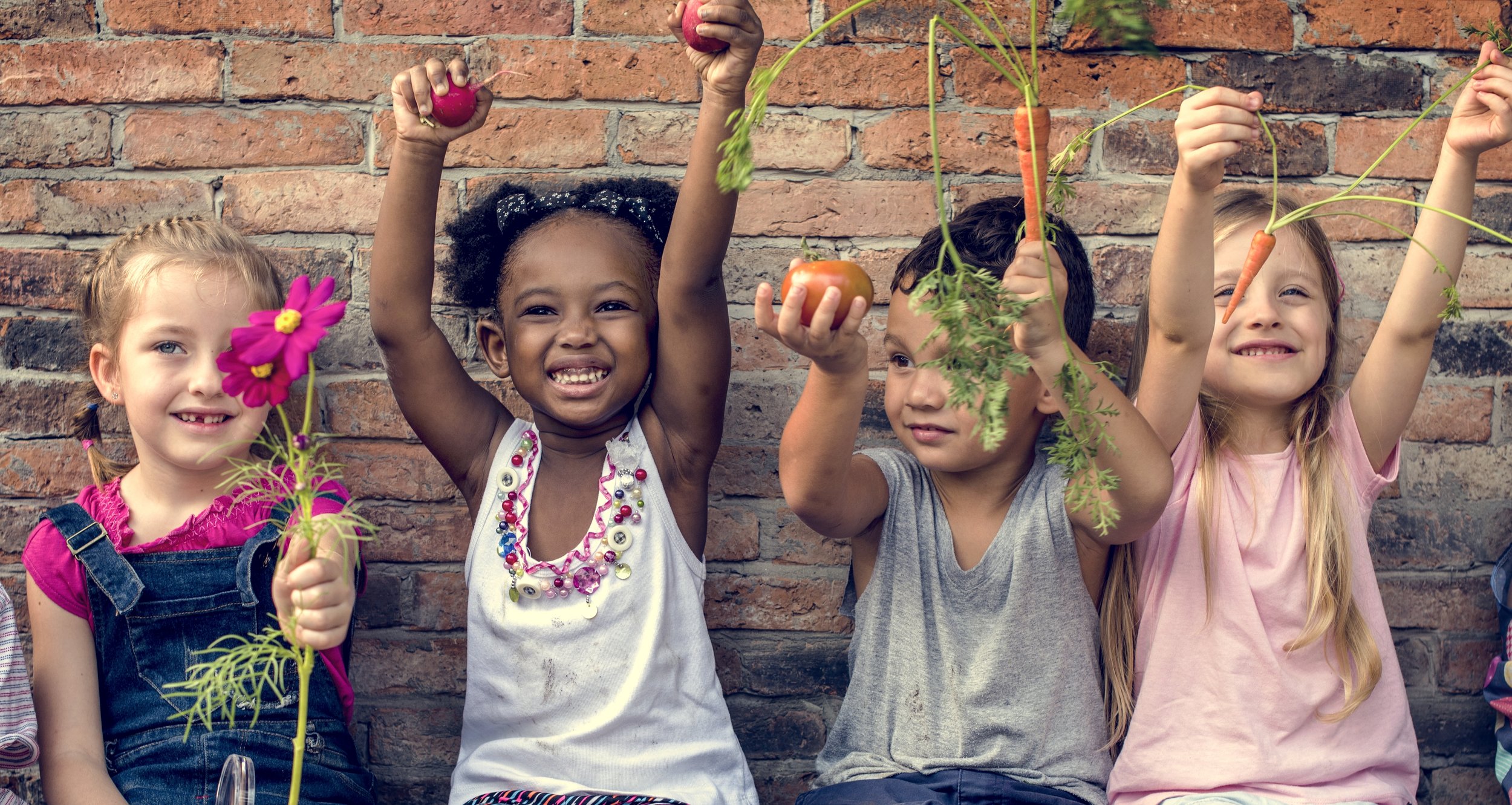Articles
Newsletter Editions
Dear Olive Branch
In this month’s Dear Olive Branch, we framed the query that we want to address, which is “How do we BE our most authentic selves as educators?”
The Family Corner
This column is a resource that providers can share with their community. EPCC wants to empower providers to build strong relationships with their families.
What’s on Our Families’ Minds?
As we face a new world, our programs must reflect the new times. How do we best meet the needs of children and families now? What do we need to meet the current times? Are we up for the challenge?
CaAEYC’s Professional Development Committee
CaAEYC’s Professional Development Committee is composed of 10 members from around the state with diverse roles and experiences in early learning.
What’s on the Minds of Educators?
What's on my mind as a teacher? I want to protect this new generation who, without having wanted to, often face challenges for which they are not prepared.
Dear Olive Branch
With the Peace Table we are giving children strategies to be better able to manage relationships by listening to each other.
Parent-Teacher Conferences
One of the times parents and teachers are in the closest contact with each other is the “parent-teacher conference.” What is the best way to carry out a successful parent conference?
Family Partnerships
For educators it is important to be able to hear and understand family concerns through the family point-of-view. To do this you need first to build a relationship with the family that takes deep active listening.
Introduction to the Anti-Bias Ladder
This is the explanation of how going up the Ladder of Anti-Bias Goals to the treehouse of Peaceful Environments can help shift thinking to include the dynamic of power in our work for social justice.
Parent’s Corner
The talking stick is a peaceful way of solving a problem. In a conflict situation, the person holding the talking stick is the one who speaks while others listen with their hearts.
Dear Olive Branch
What we want to do in the column this month, is to focus on using power for helping self and others.
Unconditional Parenting
How can we parent with the best interests of the child in mind? And I would say how can we teach that way too?
Being Present for Meditation
The work of peace making might be as simple as a staff meeting, or as complex as a weeklong workshop. Peacemaking can take place in many situations.
How and Why, We Work to Empower Children
To empower children is to guide them to feel valued, capable and to realize they play the role of creator in their own lives and futures.
Children’s Books on Diversity and Inclusion
Children's books on diversity and inclusion provide young readers with a window into the beautiful tapestry of humanity, promoting empathy, understanding, and acceptance of different cultures, races, abilities, and backgrounds.
Who’s Raising the Kids?
In her latest book, “Who’s Raising the Kids?”, Susan Linn takes a deep look at unregulated technology and how it can harm children.
What School Boards are Facing?
This is a challenging time for public education. School boards are dealing with the politics of ethnic studies curriculum implementation, as well as the management of the rollout of Universal Pre-Kindergarten (UPK).
Dear Olive Branch
Many people agree that the early childhood education landscape is continually changing. Personal power can be used to meet the challenges of these changes.
EPCC Presence at CAAEYC
Conference weekend is always exciting and this year marked a comeback from Covid. There were many more attendees than in recent years, many new faces to CAAEYC. Workshops were busy, a buzz was in the air.
Back to the Past, Volver al Pasado
Each educator is unique and irreplaceable in our programs. Each one of us has a unique style to be able to relate to our children and also to our parents.





















